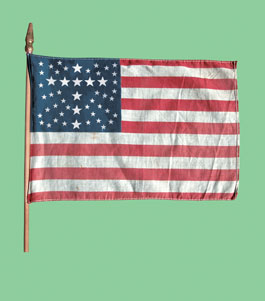Benjamin Munn Ziegler, a Harvard trained professor of international law, explained the term “unoccupied lands” meant “occupied by Indians, but unoccupied by Christians.” International law scholar Henry Wheaton examined the papal bulls and royal charters of England. Through direct quotes, he demonstrated that those charters were aimed at “heathen and barbarous lands, countries, and territories, not actually possessed by any Christian prince of people,” and the colonizers were authorized “to hold, occupy, and enjoy the same, with all their commodities, jurisdictions, and royalties.”
Based on that history, Wheaton said it “became a maxim of policy and of law, that the right of the native Indians was subordinate to that of the first Christian discoverer.” When representatives of Western Christendom arrived to non-Christian lands, the non-Christian Indians were to exist in law and policy subordinate to or beneath the level of Christian Europeans. This is the little understood Christian religious basis of the doctrine of domestic dependent nationhood in U.S. law.
Rather than saying “that’s just the way things are,” what we need in Indian country are men and women who are willing to expose the Christian bigotry at the root of non-Indian federal Indian law and challenge those outmoded religiously racist doctrines starting with Johnson v. M’Intosh, which traces back to Vatican papal bulls and royal charters of the English crown.


1 comment:
The irony being that most Cherokees were already Methodist.
Post a Comment